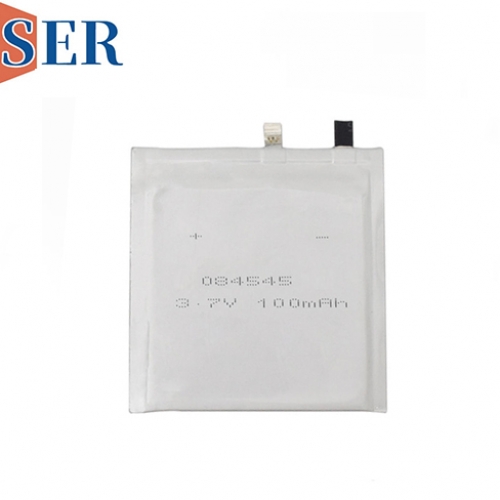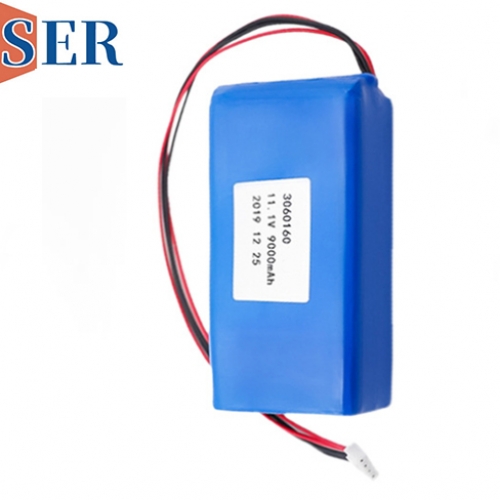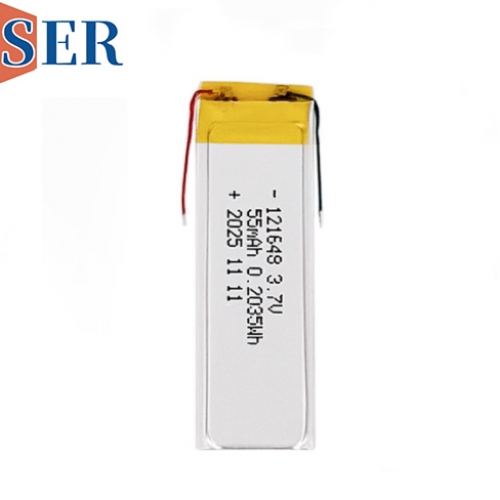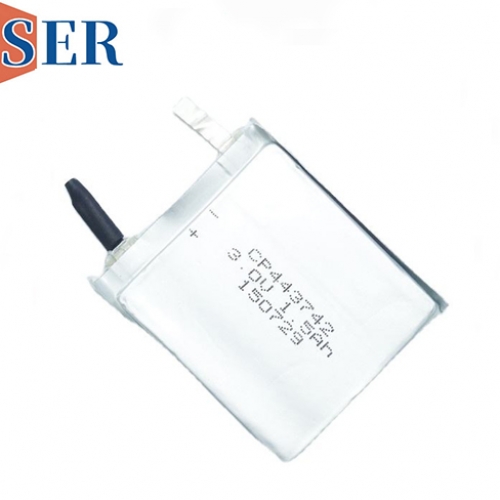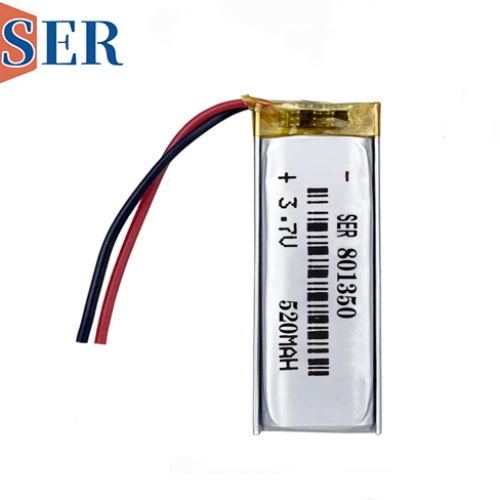Energy type LiSOCL2 battery, power type LiSOCL2 battery and high temperature LiSOCL2 battery
Energy type LiSOCL2 battery, power type LiSOCL2 battery and high temperature LiSOCL2 battery
LiSOCL2 battery is a kind of primary battery which uses lithium metal as negative electrode and sulfite as positive electrode. According to different application environment and demand, LiSOCL2 battery can be divided into energy type, power type and high temperature type. Here is a brief introduction to the three types of batteries:
1. Energy-based LiSOCL2 batteries:
Design focus: these batteries focus on providing a high energy density, that is, more energy per unit of weight or volume stored. Application: suitable for long-term stable power supply, the weight and size of the battery have certain requirements, such as some remote sensors, Internet of things equipment.
Features: high energy density and long cycle life, but in high power output may be inferior to power type batteries.
2. Power LiSOCL2 battery:
Design Focus: this battery mainly focuses on providing high power output, which can release a lot of energy in a short time. Application: apply to the need for fast response, high power output of the occasion, such as electric vehicles, electric tools.
Features: it has high power density and fast charge and discharge ability, but may be inferior to energy type batteries in energy density and cycle life.
3. High-temperature LiSOCL2 battery:
Design focus: this high temperature battery is mainly focused on high temperature environment can still maintain good performance.
Application: suitable for high temperature environment or need to withstand high temperature conditions, such as oil exploration, aerospace and so on.
Features: with high temperature resistance, can work under high temperature or even ultra-high temperature conditions, but the cost may be higher.
All in all, these three types of LiSOCL2 batteries have their own characteristics and applicable scenarios. In the choice of use, need to be based on specific application needs and environmental conditions for comprehensive consideration.
When choosing energy type LiSOCL2 battery, power type LiSOCL2 battery and high temperature type LiSOCL2 battery, there are a few key factors to consider:
Application Requirements:
Energy: If your device needs to operate for long periods of time and has strict weight and volume requirements, such as remote sensors or long-working portable electronic devices, the energy type LiSOCL2 battery is the ideal choice.
Power type: for applications that require a lot of energy output in a short period of time, such as power tools, uavs, or devices that require a quick start, Power type lithium LiSOCL2 batteries are more suitable.
High-temperature: high-temperature LiSOCL2 batteries are required if your equipment will work in high-temperature environments, such as aerospace, oil exploration or industrial high-temperature processing.
Performance parameter: energy density: compare the energy density of different batteries to determine how much energy can be stored in a given weight or volume.
Power density: for applications requiring high power output, it is important to compare the power density of the battery.
Operating temperature range: ensure that the selected battery can operate within the operating temperature range required by your application.
Cost and availability: consider the cost of the battery and its availability. Sometimes, certain types of batteries can be more expensive or difficult to purchase.
Reliability and life: Consider Battery cycle life and long-term performance stability. Some types of batteries may have a longer life under certain conditions.
Compatibility and size: make sure the selected battery is compatible with your device and the size fits the space limitations of your application.
When deciding which type of LiSOCL2 battery is best for your application, it's best to consult your battery supplier or manufacturer, who can provide more specific advice and technical support. In addition, it is very important to carry out practical tests to verify the performance of the battery in practical applications.

